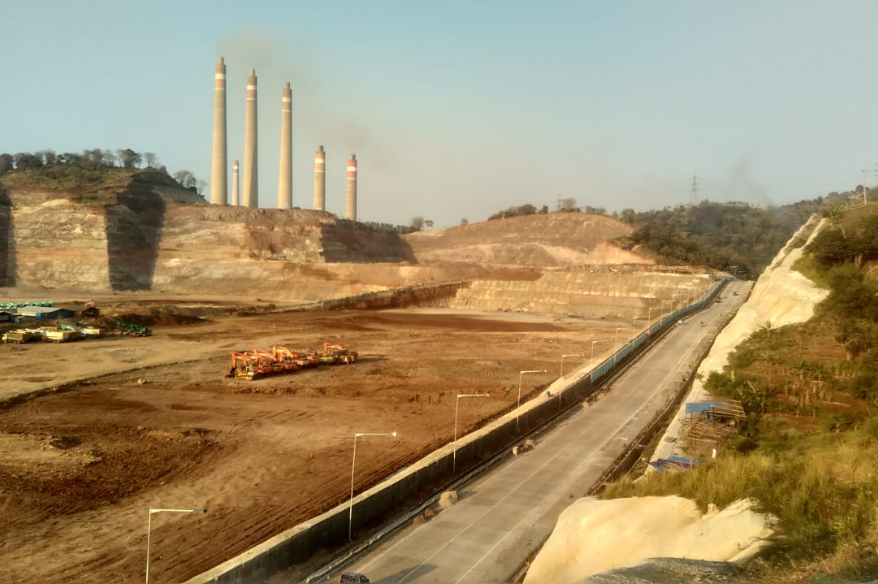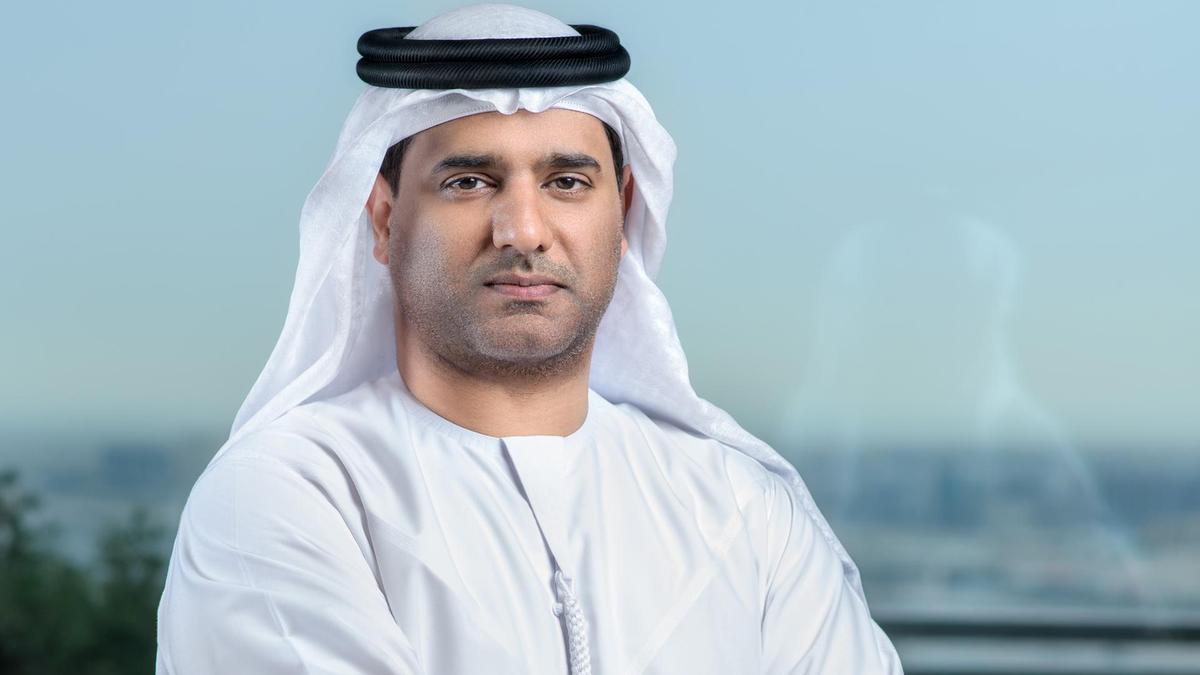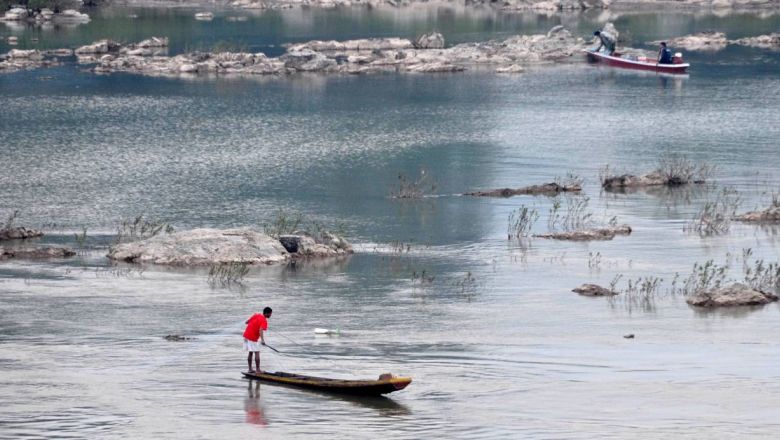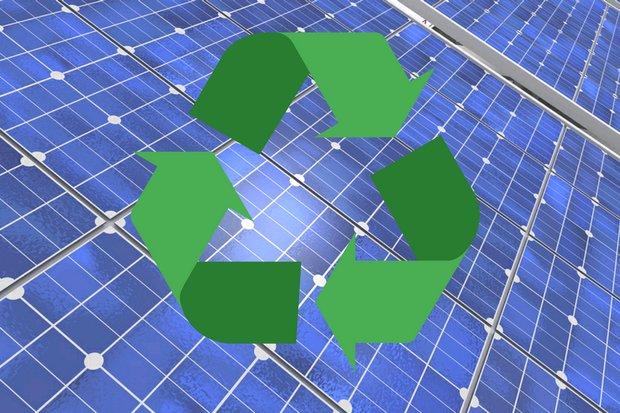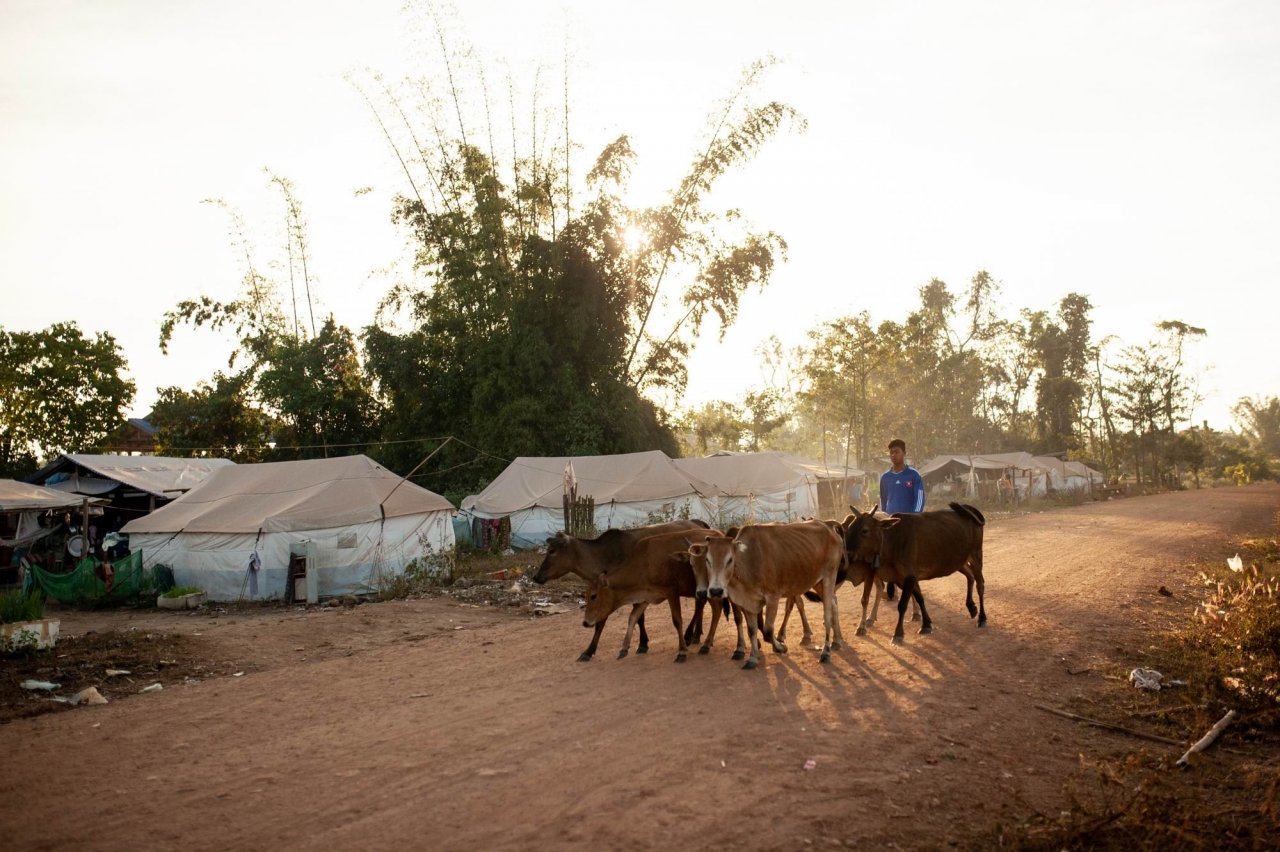A coalition of non-government organisations (NGOs) has called on Southeast Asia’s largest financial services group, DBS Bank, to back out of a 2,000-megawatt coal-fired power project in Indonesia that is reaching financial close.
The Banten Suralaya complex in Java, located less than 100km from the capital Jakarta, is being sponsored by Indonesia’s state utility Perusahaan Listrik Negara (PLN), with DBS acting as advisor and the Export Import Bank of Korea among the lenders.
The civic society groups, which include Greenpeace, Market Forces, Global Witness and Indonesian NGO Walhi, claim the US$3 billion project will lead to overcapacity issues, worsen air pollution in an already polluted area, and poses financial risk for stakeholders.
In a letter to DBS chief executive Piyush Gupta, the NGOs pointed out that funding the coal plant contradicts the bank’s stated reason for continuing to fund coal—to bring power to the 65 million people in Southeast Asia who lack electricity access—since the new complex is being built to supply a grid that has some of the highest rates of electrification in Indonesia, at 99.99 per cent.
Gupta said a year ago that DBS would stop lending to “dirty” coal projects by the end of 2018. DBS published a climate policy—the first from an Asian bank—in February 2018 that excluded coal projects, but only those in developed countries where the company has a limited presence.
Eco-Business has approached DBS for comment.
The news comes as a report from Institute for Energy Economics and Financial Analysis (IEEFA), published Tuesday, finds that, since the beginning of 2018, a bank or insurer has divested from coal, or tightened their lending policy to restrict coal exposure, every two weeks.
Singapore-headquartered DBS is the only Southeast Asian bank to get a mention in IEEFA’s list of divesting banks, although today’s pressure from NGOs highlights the bank’s continued investment in fossil fuels.
The letter from the coalition reads: “The project would exacerbate [Indonesia’s] overcapacity issue at the cost of the health of Indonesian people, and at the risk of harming the already poor financial health of PLN and the government of Indonesia.”
Without government subsidies, PLN would have made multi-billion dollar losses in recent years, and generating unused electricity will add to its financial problems, the NGOs stated. Furthermore, renewable energy will become cheaper than operating coal power, which the Carbon Tracker Initiative estimates could happen for solar in Indonesia in less than 10 years.
The group also pointed to corruption allegations made against PLN’s boss last year regarding a power plant in Riau that could undermine the deal.
The Banten Suralaya complex is being built with ultra-supercritical technology, which supporters of coal claim is the most efficient and cleanest way to run coal plants. Environmentalists counter that no form of coal—the single biggest contributor to greenhouse gas emissions globally—can be considered clean.
“
As extreme weather increases in frequency and extremity, the list [of banks ditching coal] will continue to grow.
Tim Buckley, director of energy finance research, Australasia, IEEFA
Going cold on coal
IEEFA’s report reflects a growing momentum among the finance industry to ditch coal. Since January 2018, 34 policy announcements have been made by major financial institutions, and five since the start of this year.
The World Bank was first to announce it would stop financing coal projects in 2013.
More followed in 2015—the year of the Paris Climate Accord and the launch of the United Nations’ Sustainable Development Goals—including insurance firms Axa and Allianz, Norway’s sovereign wealth fund and Beijing-based Asian Infrastructure Investment Bank (AIIB).
Other notable Asia Pacific divestors since include Asian Development Bank, Dai-ichi Life and Sumitomo Mitsui Trust Bank of Japan, Australia’s WestPac and Bank Australia, and Korea’s Teachers’ Pension Scheme and the Government Employees Pension System.
Standard Chartered Bank announced the end of coal lending, anywhere in the world, in September.
“As extreme weather increases in frequency and extremity the list will continue to grow,” said Tim Buckley, director of energy finance research, Australasia, IEEFA. The report added that thermal coal use must cease globally by 2050 if the world is to successfully restrict temperature rises to 1.5-2.0℃ above pre-industrial levels.
The report noted that some finance giants, such as the world’s top two fund managers, Blackrock and Vanguard, which manage assets worth US$11 trillion, have been “less than impressive” in coal divestment and were excluded from the list of top divesters.
“
In 2017 Blackrock stated that ‘coal is dead’, rather hypocritically given that even today it is yet to produce a climate policy. Blackrock was recently reported to be the single largest fossil fuel owner globally.
Tim Buckley, director of energy finance research, Australasia, IEEFA
Blackrock, which was recently reported to be the largest holder of fossil fuel assets globally, claimed in 2017 that “coal is dead” but has yet to introduce a climate policy and has not voted against board members who are climate change deniers, IEEFA’s report notes.
The report also singled out Goldman Sachs, which announced it would freeze coal lending in 2015, but in reality has increased its exposure to coal by 50 per cent in the three years since.
However, Goldman Sachs is also among the largest investors in renewable energy, the report highlighted.
To date, nine of the largest banks including the United Kingdom’s HSBC, Credit Agricole of France, BBVA of Spain, Citibank and Bank of America have each committed to pumping US$100 billion into clean energy, investments totalling US$1,388 billion.
But the reports highlights the “serious inconsistency” in the world’s leading finance groups funding clean energy and endorsing the Paris Agreement while also being among the biggest backers of coal.
Between 2016 and 2018, Citigroup, HSBC, JP Morgan Chase, Goldman Sachs and Credit Agricole were all among the top 30 coal lenders worldwide.


